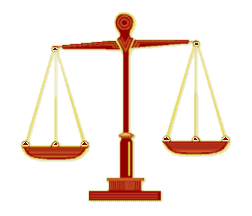Derogation facts for kids
Derogation (pronounced: deh-roh-GAY-shun) is a legal term. It means making a rule or law less strict, or allowing an exception to it. Think of it like a temporary pause or a small change to a law, rather than completely getting rid of it. This is different from a repeal, which means ending a law entirely.
Derogation is used in many legal systems, like civil law (which is based on written codes) and common law (which relies on past court decisions). A good way to remember it is with the Latin phrase: Lex posterior derogat priori. This means a newer law can make an older law less strict or even overrule it.
It's also important to know that derogation is different from a dispensation. A derogation changes the law itself, making it less strict for everyone. A dispensation, however, is an exception given to specific people or groups, allowing them not to follow a certain law.
Derogation in the European Union
In the European Union, a derogation can mean that a member state (a country that is part of the EU) delays putting a part of an EU rule into its own country's laws. This might be for a set time, like five years.
Sometimes, a member state might decide not to follow a specific rule in a treaty (an agreement between countries). This usually happens because of special situations within that country, such as a state of emergency.
Related topics
See also
 In Spanish: Derogación para niños
In Spanish: Derogación para niños


